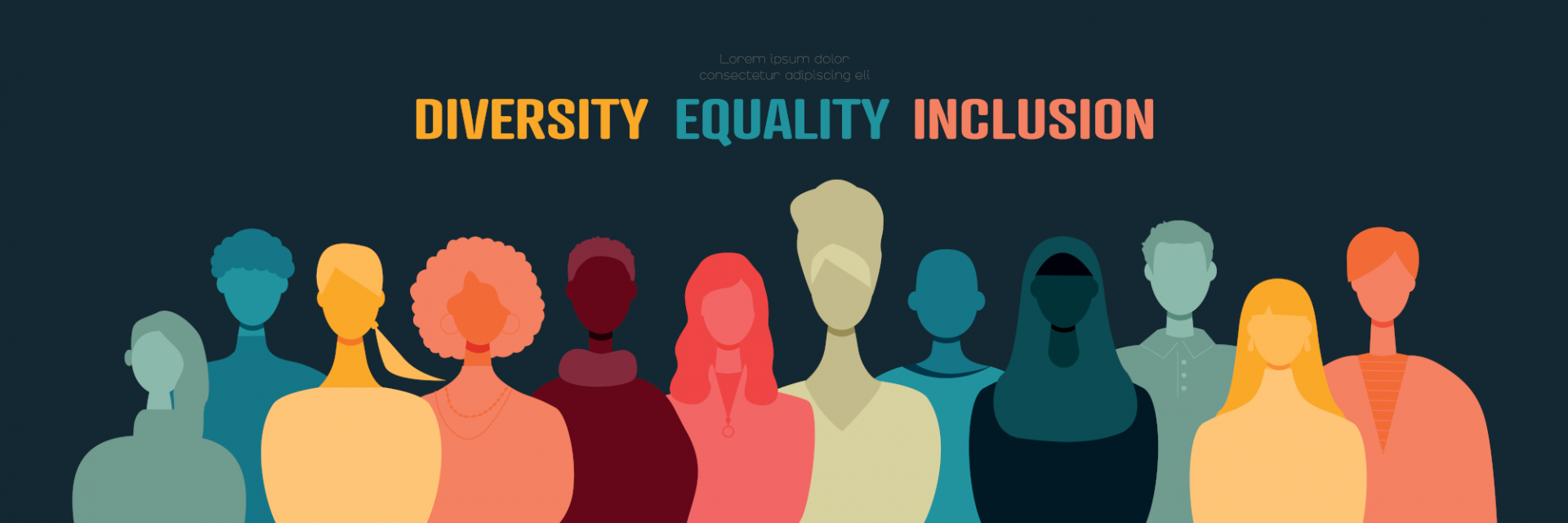Juba, South Sudan, 26 August 2025 – The Government of South Sudan, in partnership with the Economic Commission for Africa (ECA), is finalizing a national gender monitoring and reporting framework designed to systematically track and measure progress on its gender equality commitments. The framework's final details are being validated at a workshop in Juba from August 26-29, 2025, an event that also supports the preparation of South Sudan's upcoming report on the Convention on the Elimination of All Forms of Discrimination against Women (CEDAW).
The initiative is a key part of the Capacity Building and Gender Monitoring project, which is supported by the African Development Bank Group (AfDB) and implemented by the ECA. The framework aims to create a coordinated system for collecting, analyzing, and using gender-disaggregated data to inform evidence-based policymaking and ensure accountability.
Ms. Esther Ikere Eluzai, the Undersecretary of the Ministry of Gender, Child and Social Welfare, emphasized the government's commitment to its international obligations. "South Sudan has ratified key instruments like the Maputo Protocol and CEDAW," she stated. "This framework is crucial for effective coordination of gender statistics and will enhance accountability, transparency, and evidence-based policy planning," highlighting that a Gender Equality Bill proposing the establishment of a National Gender Authority to oversee these efforts is currently under consideration..
The framework addresses a critical need for reliable data. Keiso Matashane-Marite, Chief of the ECA’s Gender Equality and Women’s Empowerment Section, noted the urgency of this work. "The commitment to 'leave no one behind' places data disaggregation at the heart of the global development agenda. Unless we address these gaps and remove gender biases from statistical processes, our collective efforts to achieve the Sustainable Development Goals will be compromised. Gender statistics and gender-disaggregated data are a force multiplier."
Speakers at the validation workshop underscored the transformative potential of the framework:
Delphine Serumaga, Country Representative for UN Women South Sudan, stated, "If you cannot count it, you cannot track it. You cannot underestimate gender equality. Women make half of the population and give birth to the other half of the population. This framework provides an opportunity for national development plans and ensures we are reporting the real story. UN Women is committed to supporting the government to address this important gap".
Mr. Augustino Ting Mayai, Director General of the National Bureau of Statistics (NBS), explained the human impact of this work. "Gender statistics is not about data and figures only; it’s about people, it's about women, it's about children! Data statistics are often not taken seriously, and our current data is scattered. This framework will help us build a more coordinated statistical system for gender and policy formulation that empowers women." The NBS has already launched a program in partnership with UN Women to train young statisticians.
Ms. Esther Ikere Eluzai of the Ministry of Gender, Child and Social Welfare added that the framework will allow South Sudan to participate in the Africa Gender Index (AGI) and support national goals, including a Women Enterprise Fund currently before the cabinet to promote women's economic empowerment.
Successful implementation will require expanding and resourcing gender statistics units across ministries and building the capacity of statisticians. While statistical funding remains a challenge, the Government of South Sudan is exploring ways to pool resources to meet these needs.
As Ms. Matashane-Marite concluded, the ultimate goal is to "create a world where Gender equality is a lived experience rooted in empathy and shared humanity. Where every woman believes she belongs, and every boy grows up appreciating the power of gender justice." Together, we can create a future where gender equality is not just a promise, but a lived experience—one rooted in dignity, empathy, and shared humanity. A future where every girl believes she matters, every woman knows she belongs, and every boy grows up understanding the power of equality and respect.
Media Contact:
Ministry of Gender, Child and Social Welfare
Ms. Esther Ikere Eluzai
Undersecretary
Email: estherikere36@gmail.com
National Transformational Leadership Institute (NTLI)
Ms. Angelina Bazugba
Email amattijo@yahoo.com
ECA:
Sophia Denekew, Media Relations: denekews.uneca@un.org OR eca-info@un.org
Issued by:
Communications Section
Economic Commission for Africa
PO Box 3001
Addis Ababa
Ethiopia
Tel: +251 11 551 5826
E-mail: eca-info@un.org

